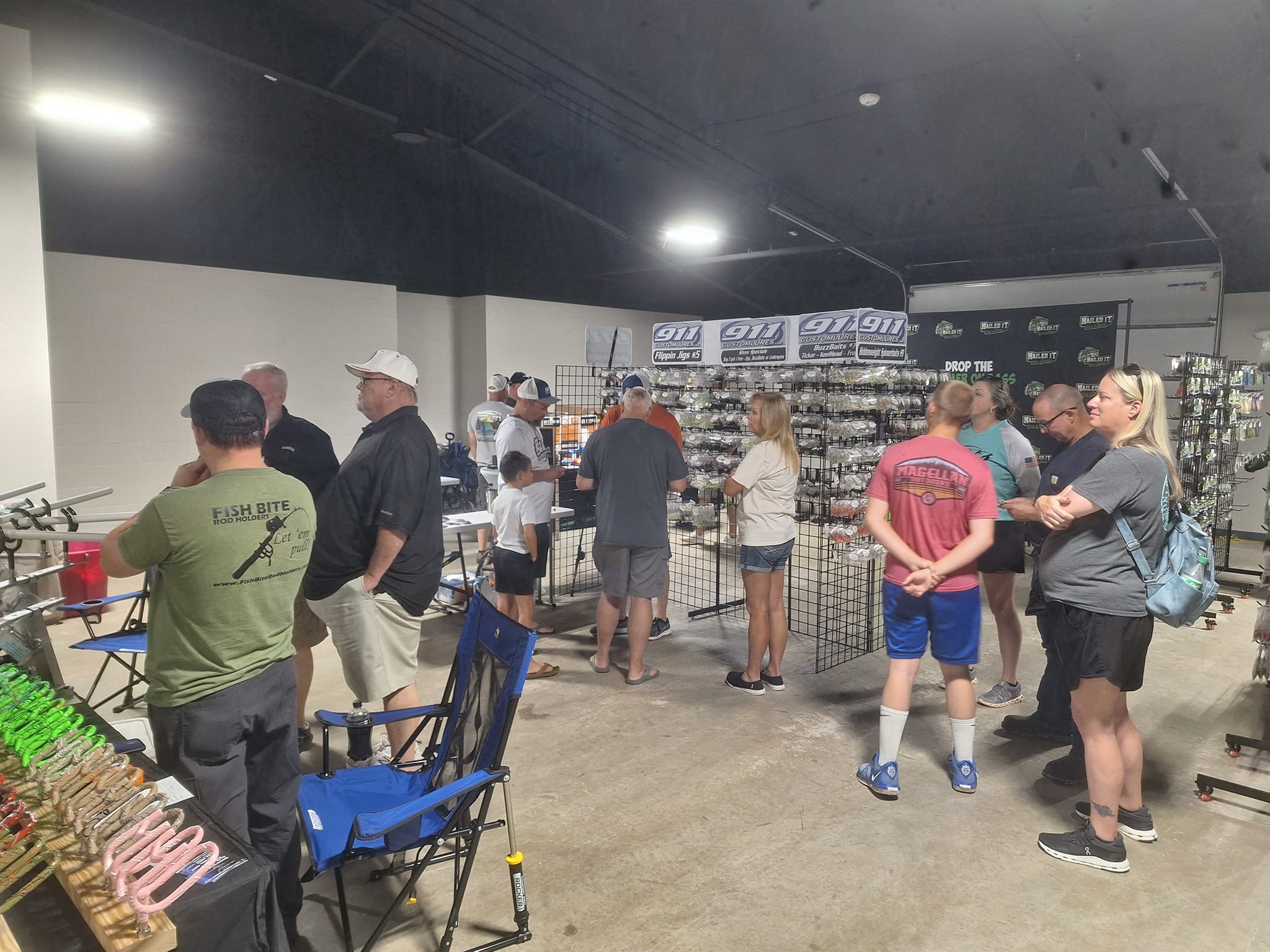DG MARTIN COLUMN: Revisiting the War On Terror
Published 4:32 pm Wednesday, October 2, 2024
|
Getting your Trinity Audio player ready...
|
In September 2001, After the attack on the World Trade Center, I wrote the following in this column and now offer it again as it speaks to today’s challenges:
War. War. War.

D.G. Martin
What is it about this word that excites us, that unifies us, that puts aside at least for a moment our selfish preoccupation with ourselves?
The word brings with it a spirit of action that rises out of September 11’s time of despair, questionings, and anger. It rushes through my system like a miracle drug, wiping out my depression and lifting my spirits to new heights.
A flag banner decorates our front porch. My chest puffs out with pride as the Army calls my son to a week’s active duty to help process other reservists being called for longer periods of service during this war on terrorism.
War. War. War.
Oh, what a word. We will fight a war against terrorism. We will find it, destroy it, root it out, and avenge its murder of our friends and countrymen.
It is exhilarating and comforting.
But underneath I know it is not going to happen that way.
There is not going to be a quick, happy ending, no VE Day or a VJ Day, as there was at the end of the Second World War. Even if there is a successful military strike against bin Laden or his terrorist training camps, it will not win our “war.”
Indeed, we must expect that an attack will unify and strengthen the terrorists and their supporters, just as the attack on the twin towers and the Pentagon brought us together and strengthened our resolve.
Do not mistake me. A military strike may very well be an important part of our response to this challenge. If terrorism is a kind of cancer affecting the entire world, then radical surgery is probably a part of a comprehensive treatment plan. But radical surgery on a cancer patient is often an incomplete cure. And sometimes the surgery brings about its own set of unintended consequences. Similarly, military action cannot bring about a complete solution to the terrorism cancer, and every military strike will bring about its own set of unintended consequences.
Our efforts against terrorism and its causes are going to be long and drawn out.
We can’t maintain a “wartime” footing for so long. Maybe “war” is not the best word to describe to describe our commitment against terrorism.
Of course, this is not the first time our government has rallied us around a commitment to solve a serious problem by calling for a “war.”
We have the war on poverty. The war on drugs. The war on crime. And we have declared war on racial hatred, on AIDS and other diseases, on under performing schools, on unsafe automobiles, on the polluters of the environment, and on many other varieties of “evil.”
We haven’t yet won any of those wars. There have been some great victories.
Things are better than they would’ve been. But “complete victory” was probably never possible. Our national effort in all these areas continues — but without a “total war” commitment. We learned each time that we could not sustain a total national commitment to all these “wars” at the same time.
As we begin our national effort against worldwide terrorism, it might be well for us to remember our prior wars against these other endemic problems. Remember that they last a long time, remember that there are few decisive victories, and remember that
Americans’ attention spans don’t last through long drawn-out indecisive wars.
Remembering those lessons and putting aside the war terminology, our leaders can better emphasize our country’s need for a sustainable, long-term commitment to the development and patient implementation of wise policies to track down terrorists, clear out their breeding grounds, and deal with the root causes of their activity.
Using more restrained words to describe our resolve against terrorism, it may be easier for us to remember that there are other common tasks that are also critical to a healthy and safe America: fighting crime, promoting health, building a strong economy, strengthening education, improving the environment, and working together for a stronger, better country.
If the terrorists have diverted us from those on-going tasks, they have already won.
D.G. Martin, a retired lawyer, served as UNC-System’s vice president for public affairs and hosted PBS-NC’s “North Carolina.”






